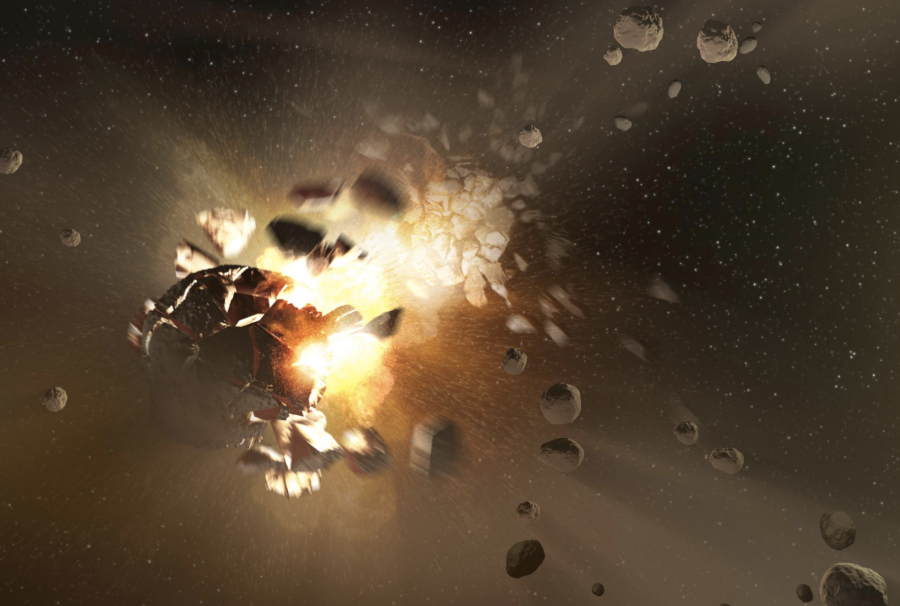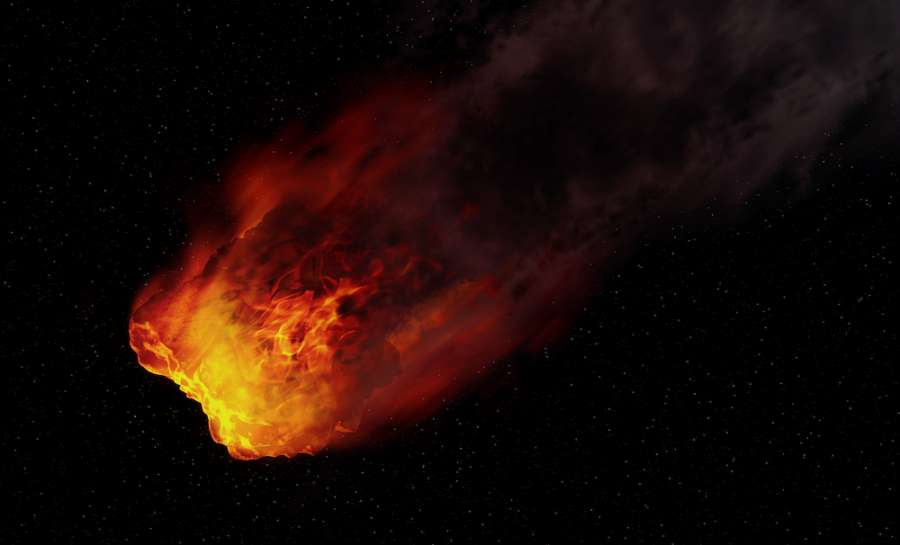Space Rock Worth $25K If You Can Find It On Earth
A space rock that landed in Maine is worth $25k to anyone that can find it.

If you live in New England, then you should drop everything to grab your metal detector and head to Maine. The Maine Mineral and Gem Museum is offering a $25,000 reward to whoever finds a space rock that recently crashed to Earth, according to The Province. Meteorite hunters are already looking for the very expensive rock, so competition might be tough.
After tracking a fireball in the sky, NASA believes that a fragment of the meteorite landed on the border between the United States and Canada, likely near Waite, Maine, and Canoose, New Brunswick. Searching for the space rock in this area could prove to be challenging, as it’s a very wooded area with lots of mud and trees. This type of terrain will offer plenty of good hiding spots for the extraterrestrial piece of meteor and make trekking through the forest even more difficult.
A meteorite hunter named Roberto Vargas has been to this neck of the woods twice already in search of the space rock. And yes, a meteorite hunter is a real term. It applies to those who search for meteors recreationally or who do it full-time for a living.
The best way to find meteorites is by using metal detectors and magnets to pick up on the pieces of iron space rock, even if it’s underneath the soil. It’s important to hunt for meteorites as soon as possible since they will typically get buried under plant life or the surrounding area’s terrain within a few months of landing on Earth.

The museum is only looking for a one-kilogram specimen of the space rock, which is about the size of a bag of sugar or a pineapple. If you think you have found the meteorite, then you can bring it into the museum for testing, though it will cost a fee. If it turns out to be the desired space rock, then you should be able to afford the test after the $25,000 reward.
The Maine Mineral and Gem Museum (located in Bethel, Maine) is looking to add the new space rock to its already vast collection of items. In addition to exhibiting Earth’s largest display of lunar and Martian meteorites, the museum also boasts that they have the largest piece of Mars—a 14.5-kilogram piece of the fourth planet from the sun. And if you’re looking for local jewelry, the museum sells necklaces, rings, and more made from Maine gemstones.
The reason for the reward’s exceptionally high amount is because space rocks are often hard to find. Back in 2016, the Maine Mineral and Gem Museum offered a $20,000 reward for a similar meteorite that landed in Maine, this time close to the border of Quebec. That one-kilogram piece of a meteor was never found, so hopefully, the additional $5,000 added to this reward will entice more meteorite hunters to find the space rock.
The reward for the new meteorite is not only limited to Americans. Our neighbors to the north can also turn in the space rock to claim the $25,000 prize.











